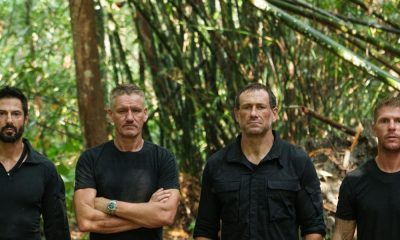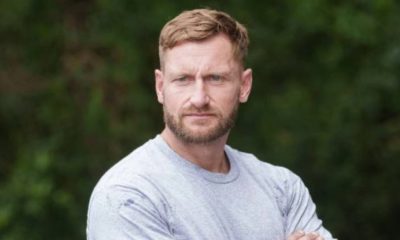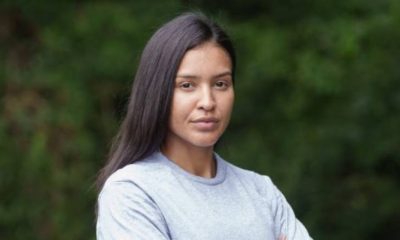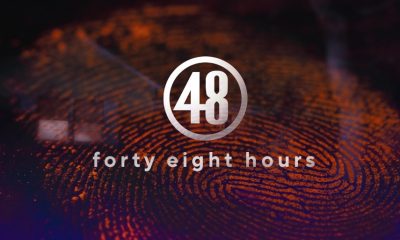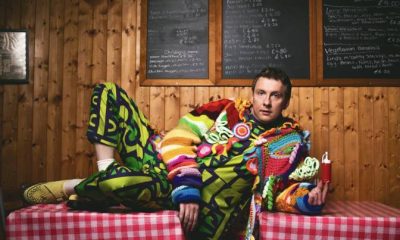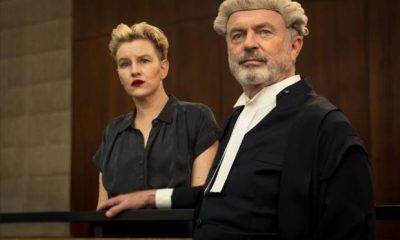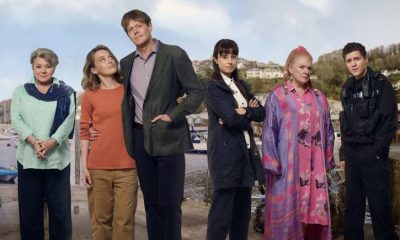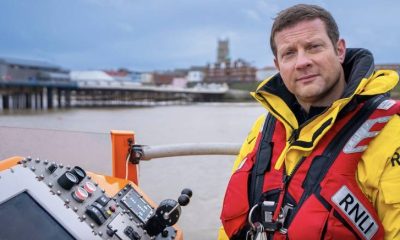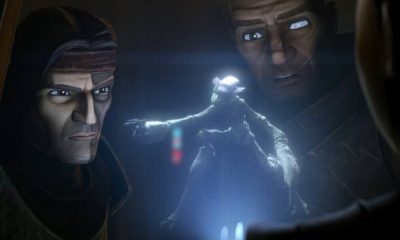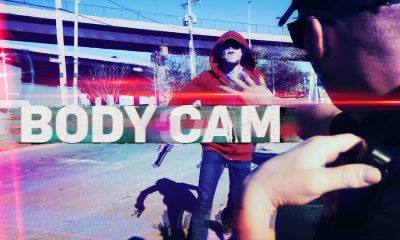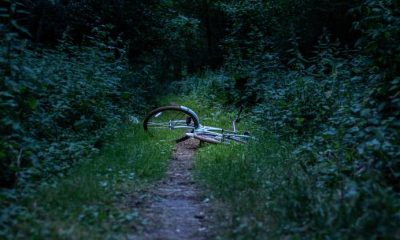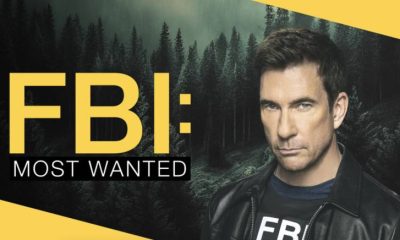Interviews
SAS Who Dares Wins – Trainer Matthew “Ollie” Ollerton talk about the series
Matthew “Ollie” Ollerton is one of the stars of new Channel 4 documentary series SAS Who Dares Wins which begins on Channel 4 on Monday 19 October, here he talks about how he came to take part in the show and his own special forces background.
What was your role in special forces, and for how long?
I spent 6 years in the Special Forces in a number of roles ranging from Maritime Counter Terrorism, to VIP Body Guard to Mountain Warfare. I also qualified as pilot of a submersible mini submarine, the Swimmer Delivery Vehicle (SDV).
What work do you do now?
A couple of years ago, I came up with a business idea to bring Special Forces Selection and training into the corporate world. Foxy, one of the other DS and I have been working on a business model called Breakpoint, aimed at the corporate world. Merging military Special Forces operational planning and tactics will teach teams to work as a synchronised unit, not only streamlining individual performance but also focusing on team collaboration to achieve their ultimate business goals.
Why did you decide to take part in this programme?
I also love the selection process and the individual it delivers post-selection. I was also interested by the challenge of taking 30 civilians with minimal military experience through an eight-day selection process. This was very much a challenge for both the 30 recruits and the Directing Staff. I doubted very much from the start that any would get through.
What do you remember about your own training?
Seeing as I decided to put myself through selection twice which took the best part of two years I remember a great deal of my own training. What people should understand though is that Selection is very much the basics. The real training starts once you pass the process and continues throughout your career. From complex weapon systems to learning new skills and languages in varied environments, together with fine-tuning old skills to continually improve your personal and team performance when not on operations, these are a way of life for a Special Forces Soldier.
What was the toughest bit of all?
From a personal point of view the toughest part for me would have to be getting two days from the end of my first selection and knowing I had to come back and do it all again. 10 months of training for nothing not to mention the preparation. Secondly on my second selection early on in my ankle was so badly damaged I was in tears on the hills phase but I got through, I was determined and it was now or never, mind over matter!
Did you have any misgivings subjecting the recruits to such agonies? Or is there a perverse enjoyment to be had?
It wasn’t a case of enjoyment; we had an arduous task at hand not only for us as DS but also in respect of the history and representation of Special Forces Selection. Selection is a gruelling process that is passed by few men, we had to replicate and present to the best of our ability. We respected all that had the determination to put themselves forward and feel that was mutual from the recruits.
At a first glance could you tell which recruits might succeed or fail?
Selection requires strong mental ability, which takes time to asses and evaluate. So many aspects have to be considered, such as ability to fit in and making clear, concise, good decisions when under extreme duress. On first initial glance you can only make this assumption based on physical ability so only those that looked out of shape would highlight such an assumption.
Did you go easier on them, because they were civilians, and they aren’t trying out for the SAS?
This process was only eight days and although it represented aspects of Special Forces selection, it fails to come close to the real thing. However after saying that, in relative terms based on the fact these guys have not had the benefit of a prior military career it presented extreme challenges throughout.
What was the standard of recruits like?
The standard in general was good, of course you get the initial shedding of guys who realise this is not for them, but once we got to the core of men focused and motivated we were continually impressed. Their personal motivation interested me; it wasn’t love or money and they certainly won’t find themselves in the Special Forces, so based on that I was impressed without a doubt.
Obviously, as instructors, you have a duty of care to the recruits. Was that at the forefront of your mind?
Prior to filming the recruits underwent rigorous medical checks and this continued daily. Safety and welfare was a major factor throughout. At all stages we had safety processes and protocols in place. Without doubt it was in the forefront of our minds, we’re experts at seeing when danger is evolving so at no time did we take our eye away from the safety and wellbeing of all involved, including ourselves.
What precautions did you take to ensure their welfare?
The recruits were monitored constantly whilst on rig and off rig. We looked for any emotional and behavioural changes that would signify a specific concern of any individual. When this happened we intervened to establish the cause and action required if necessary.
Did you have favourites among the group?
I had a few favourites amongst the group, each of whom had individual qualities that shone through regardless of what was thrown at them. There was one in particular that shone for me, and all DS and most of the crew knew who that was from the outset. I did give him some encouragement to which I was pleased to hear him state to me post process that it was this encouraged pressure throughout that got him as far as he went.
What qualities does a potential recruit for the SAS need?
As mentioned prior physical fitness is a pre-requisite, however without strong mental ability you will fail. Recruits will need determination, the ability to think outside the box, a quick thinker with decisive judgment, self-motivated and self-confident. Humour in adversity, quick witted and strong willed. A team player able to communicate at all levels with the courage to pursue regardless of circumstance.
Did this experience make you want to return to that sort of life?
In many ways I haven’t left that way of life, my experience has opened doors into many tasks and projects alongside former colleagues. The simple answer is No! Although I miss my time back with SF, as my life evolves it’s merely due to me forgetting the hardships that SF life presents. The show did bring back some good memories for me and was at times emotional. I look back in awe of my achievement but my future is constantly evolving with no regrets.
SAS: Who Dares Wins starts on Monday 19th October at 9pm on Channel 4


